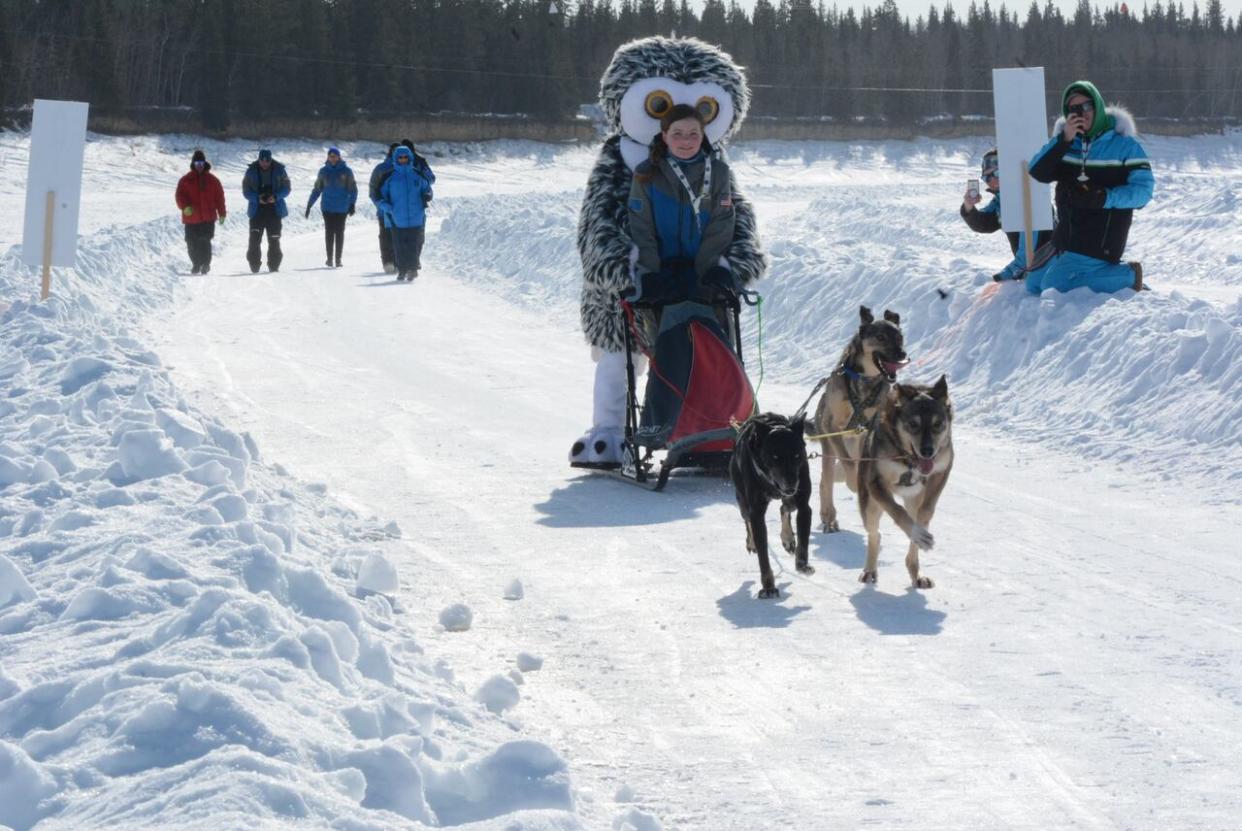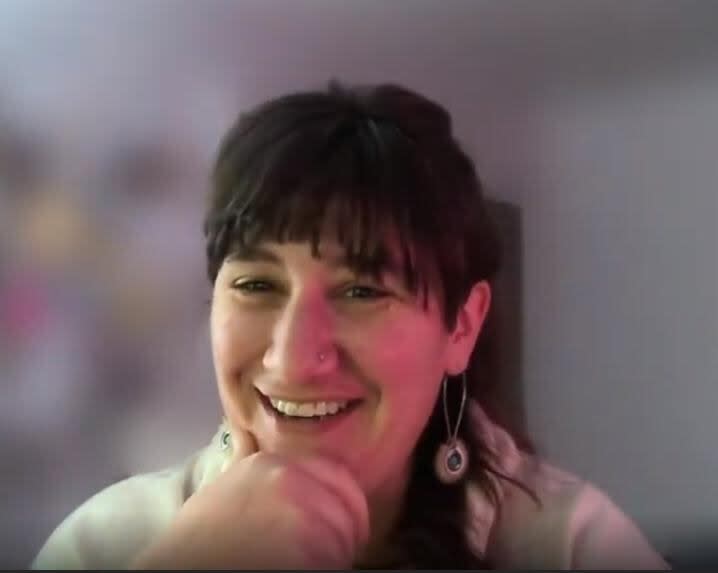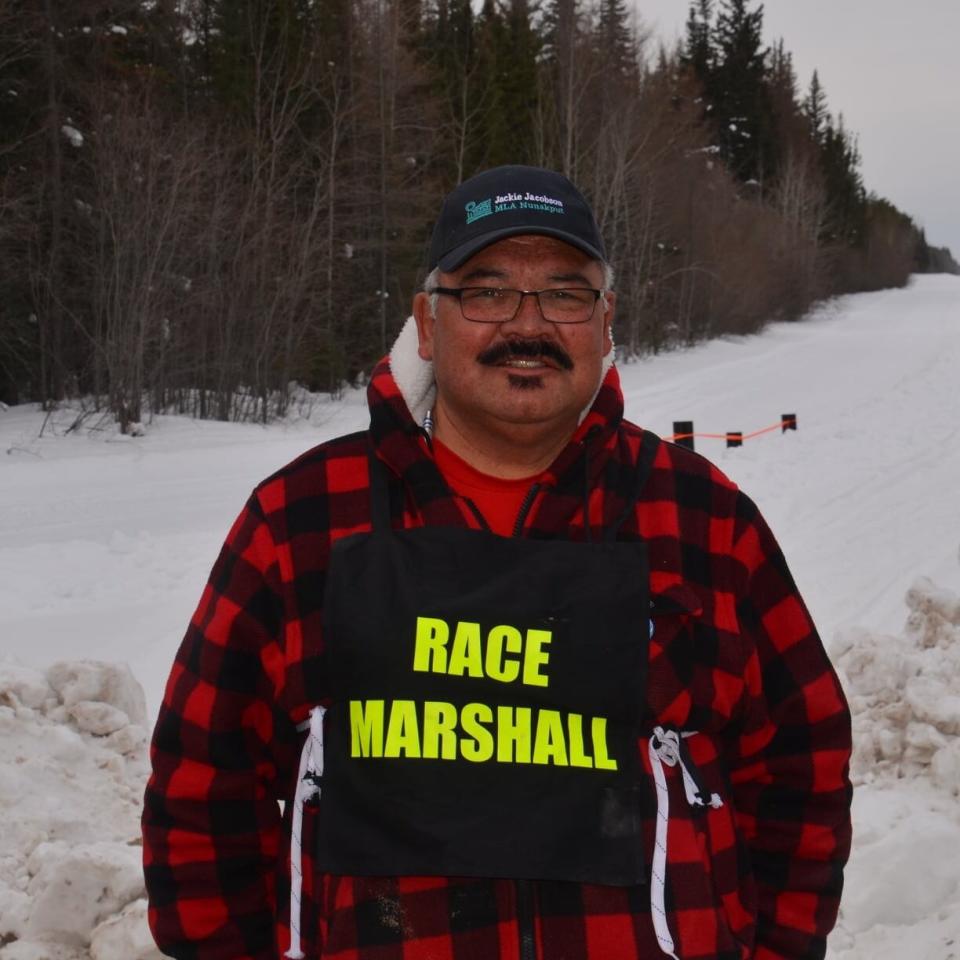Dog mushing won't return to this year's Arctic Winter Games despite host society's efforts

Despite the Arctic Winter Games (AWG) host society trying to bring dog mushing back to the upcoming 2024 games, the international committee said there would not be enough participants to make it a proper competition.
Dog mushing was last at the AWG in Hay River, N.W.T., in 2018. At the time, only athletes from Alaska and the N.W.T. competed, leading to questions of whether there was enough interest for meaningful participation in the games.
Though dog mushing did not return to the 2023 games in Wood Buffalo, Alta., this year's host society pitched the sport's return for the games in Mat-Su, Alaska, in March. It made the pitch as part of the new "regionally relevant sport" category introduced in last year's games to allow host communities to showcase venues or events unique to their region.

Leda Borys is the vice chair and senior program manager for the Mat-Su, Alaska, AWG. She says the host society put forward dog mushing as a sport for the 'regionally relevant' category, but not enough contingents said they could participate. (CBC)
"We offered up dog mushing as one of ours, because it's certainly regionally relevant to Alaska. Obviously we have the Iditarod and we have Yukon Quest and a bunch of other really popular dog races up here," said Leda Borys, vice chair and senior program manager for the games in Mat-Su.
But Borys said there wasn't enough participation to actually bring dog mushing to the 2024 games, speculating the logistics of travelling with and caring for dogs abroad is partly to blame.
Sholto Douglas, long time musher and vice president of N.W.T. dog sled sports, says that excluding the sport from the AWG lessens youth interest in dog mushing and contributes to the sport's decline.
"The Arctic Winter Games is the big promoter for the big race, it's like the Juniors World Championship, going to the Arctic Winter Games," he said.
"By taking that away, you look at the demographics of the mushers in the sport, they're all getting older and we're not bringing any new young mushers in. That's the big hurdle that's in front of us."

Sholto Douglas is a longtime dog musher and vice president of N.W.T. dog sled sports. He travels around the N.W.T. encouraging young people to get involved in dog mushing. (Facebook)
Douglas travels around the Northwest Territories promoting dog mushing. With dog mushing's long cultural history in the North, he says it would be a shame to see the sport disappear.
"At one time in the North … sled dogs were the driving force for everything," he said.
Still opportunity for future competition
Kyle Seeley is a director on the AWG international committee. He said that when the committee introduced the regionally relevant sport category, it included policies about minimum participation standards from at least four contingents.
The international committee opened discussion about dog mushing in the 2024 games in the spring of 2022. Seeley said he couldn't remember how many of the eight AWG regions said they would participate in dog mushing but, he said, it didn't meet the threshold.
Bill Othmer, the Northwest Territories' chef de mission at the time, said that Team NT did support the idea to bring the sport to the 2024 games.
Borys, with the AWG host society, said she believes Team Alaska would have participated.
Otherwise, only representatives from Nunavik and Sapmi responded to CBC News, and both said they would not have been able to compete in dog mushing.
Team Sapmi's chef de mission said the team hasn't particpated in dog mushing in past years. Team Nunavik's AWG coordinator said their dogs run long distances and he's not sure how they'd fare at shorter AWG races.
Douglas, the N.W.T. musher, says he'd like to see help from sponsors who cover things like dog food to help with the costs of travelling with dogs.
Seeley said that if interest grows, dog mushing could come back to future AWG.
"It is entwined, I think, in a lot of traditional activities across the North and I think that there are a lot of opportunities for sport development within dog mushing within each of the jurisdictions," he said.
Seeley said that archery will be the regionally relevant sport for the upcoming games once again.
Borys says the host society may still find opportunities to "sneak" in dog mushing into an exhibition-style event where competitors don't play for ulus, or maybe incorporate it into the opening or closing ceremonies.


